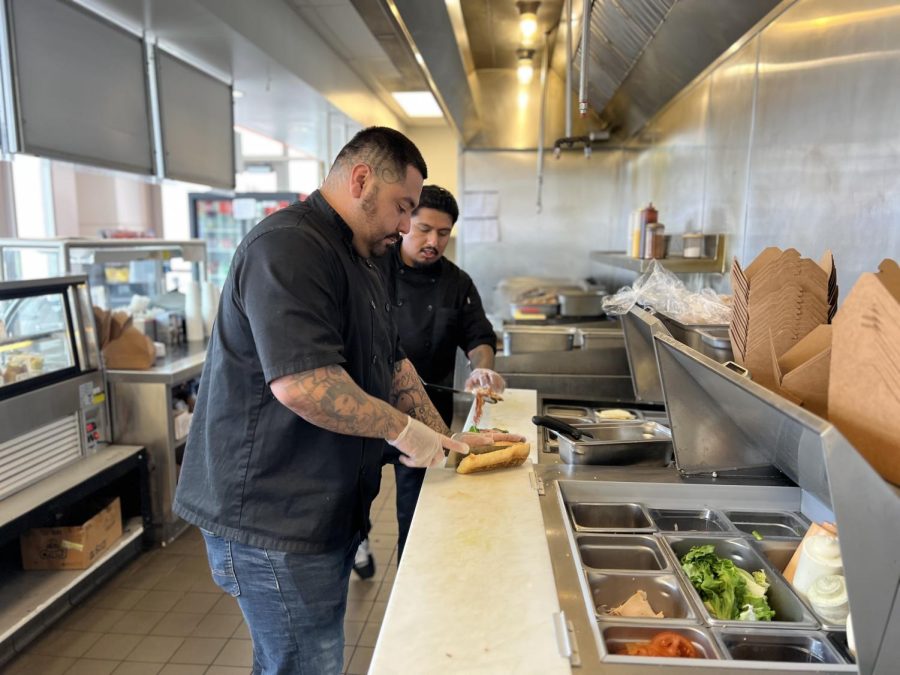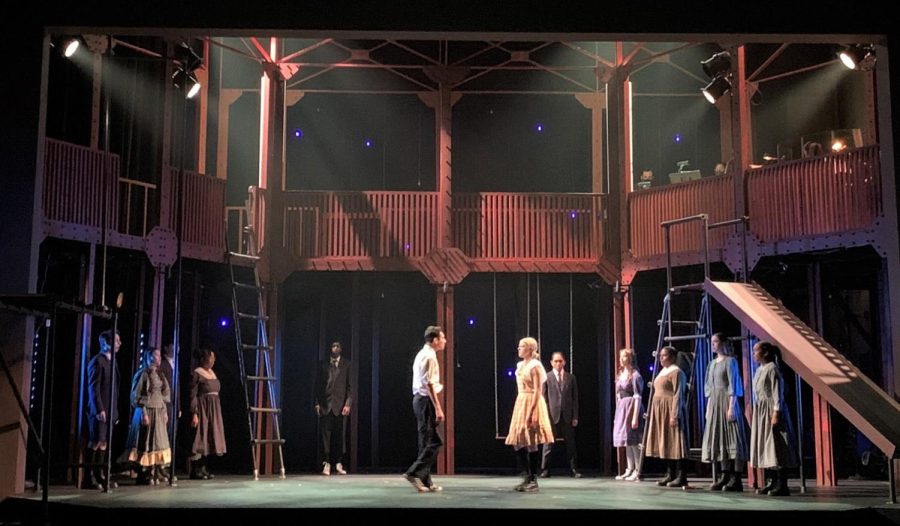The Special Resources Center provides services to disabled students from counselors to note takers in order for students to succeed, the director of the program said.
“I use the computers (when) I can’t finish my homework at home. They let us finish it in the High Tech Center,” Shaveiatay Demmerelle, 31, child development major said.
Demmerelle who has been part of the Special Resource Center for five years and has a cerebral palsy disability said that the program has helped her a lot because she has the services that she needs to pass all her classes.
For example, she uses a software that reads to her because she has a hearing loss and with that she is able to listen and understand her assignments better.
“Everyone is different. Everyone is unique,” Gary Greco, director of the SRC said. “So understanding and be able to meet their challenges and their educational barriers in the classes or in the campus are very, very important.”
SRC provides services to disabled students from counselors to note takers in order for students to success and graduate from El Camino, the director of the program said.
“My greatest joy working here (at SRC) is seeing our diverse students satisfied and happy with the accessibility and the equality that they have here on campus,” Greco said.
Greco said some of the challenges that come with the job are understanding the educational barriers that some of the students with disabilities have.
In order to meet those challenges students first talks to a counselor to see what classes they need to take and what services they will need to use to success in their classes.
Others services that students have at their disposal are the Testing Accommodations Room and the High Tech Center.
The Testing Room is for students to finish their homework or test with enough time, so they won’t frustrate themselves. The room has security cameras that keep students from cheating on their assignments, Greco said.
“Professors need to send the test in an envelope or by email, so the students can finish it in the room,” Greco said.
Students use the High Tech Center to do their school assignments and it helps them with softwares that are design for them depending on what their disabilities are.
Adjunct Instructor and Success Coach, Tisa Casas, who has a physical disability has been working for 17 years at EC and she teaches computer lab at the High Tech.
“We teach students how to use all kinds of adapting software. Those softwares help students with learning disabilities, visual impairments, and physical disabilities,” Casas said. “I even use the softwares myself.”
Casas said that she uses Dragon Naturally Speaking software, which is a program that she can talk to the computer and it types, so she doesn’t need to use their hands.
Other students with different needs have the same treatment like Kris Carillo, 21, film/video major.
“I’ve been in EC over a year,” Carillo said. “(SRC) has helped me with setting things with classes and by letting my teachers know about my disabilities and my accommodations.”
Carrillo said that he gets extra time for things because he “usually takes (his) time to finish (his) assignments.”
Carrillo, who has a delayed learning disability, agreed with Demmerelle that the program provides the necessary services and that SRC does its best to reach everyone’s goals.
In 2018, SRC will move to a new building which will be located next to the new parking structure that the college is building.
Greco said that he would like to promote a more universally design campus, which can provide classrooms with the technology they have to be accessible for all students.
Casas also said disabled students need to be more self-advocacy and they need to learn to speak up and to let people know they are competent and they have skills to get employment.
“I think (SRC) is a great program because it encourages students to do their best and to achieve their academics success,” Casas said. “It’s really great to help students mainstream.”




